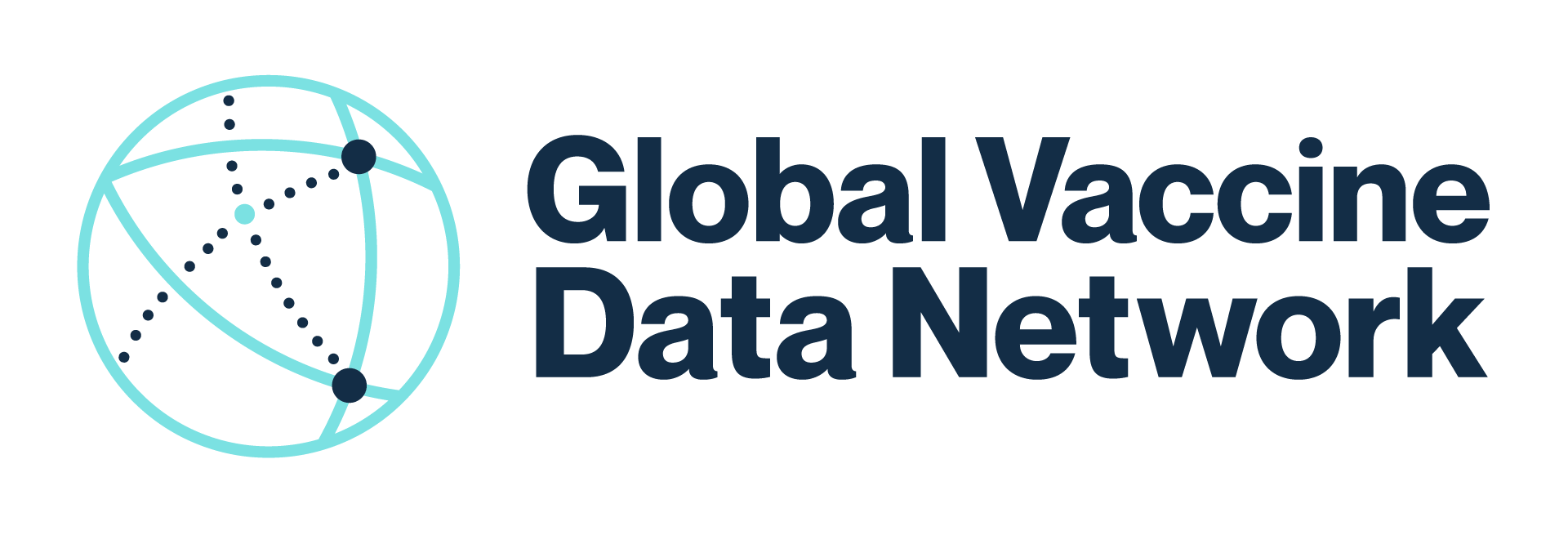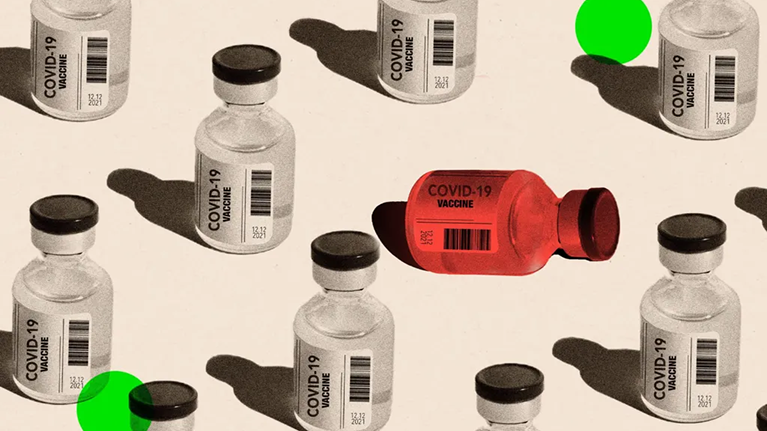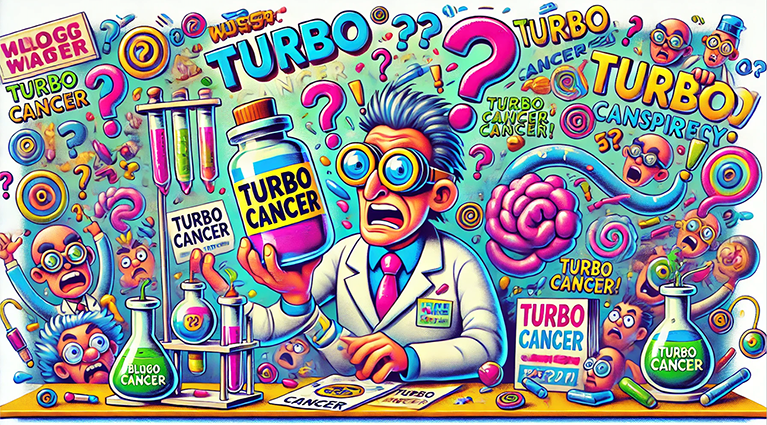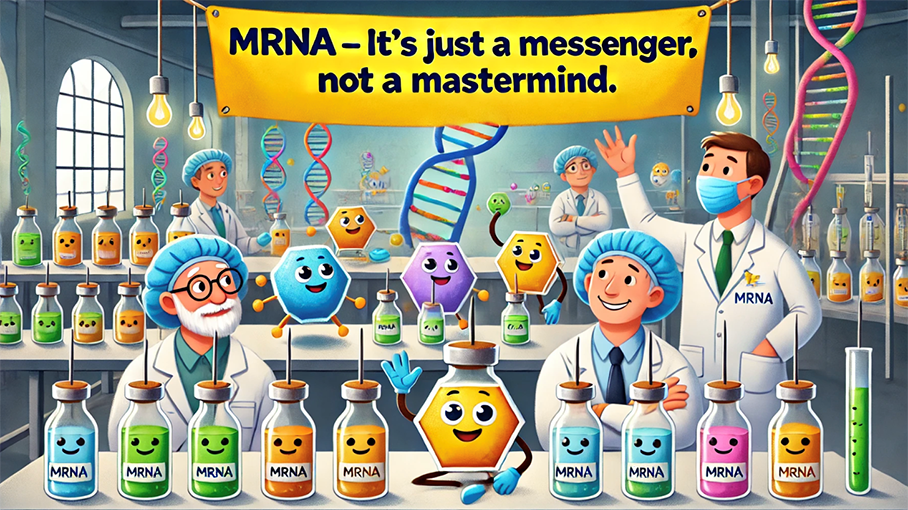Our blog is a science blog. It is written by clinicians and scientists with specific expertise in vaccine safety science with the aim of providing evidence-based, informal commentary on current and emerging issues of vaccine safety.
The views are those of the authors and do not necessarily represent or reflect the views of the Co-Directors, Scientific Advisory Committee, or partners of the GVDN®; or UniServices at University of Auckland, Waipapa Taumata Rau.
Our view is that accurate, consistent, and transparent communication about all aspects of vaccine safety and effectiveness is critical for stakeholders from global health agencies to vaccine recipients in their local community.
Vaccinology is a broad field in its own right and draws on a number of pure and applied sciences. All authors are experts in the field of vaccinology and topic they are blogging about. They will bring their own specialist perspectives, including in epidemiology, biostatistics, global health, immunology, infectious diseases, public health, and public policy.
The Rise of vaccine distrust – why more of us are questioning jabs in-depth report from the BBC provides an excellent summary of vaccine hesitancy starting back in the 1890s, through the 1990s, and into the 2000s with the internet age, the rise of social media, and with it the tsunami of
Today’s episode: The one about the strokes after COVID-19 vaccine. An unscientific study misusing Vaccine Adverse Event Reporting System (VAERS) data has arisen from the crypt.
Amidst the post-COVID vaccine world, a curious term, "Turbo Cancer," has emerged in anti-vaccine circles. The claim? That mRNA vaccines are causing an epidemic of fast-growing, aggressive cancers. However, let’s dive into the science and show why this doesn’t hold up.
mRNA vaccines have revolutionised the fight against infectious diseases, offering rapid production and strong immune responses. But how are they made, and what about safety concerns? Let’s break down the process.
The "Plasmid-gate" theory claims mRNA vaccines are tainted with DNA that can alter human genes or cause cancer. This post debunks these misconceptions and explains why these claims fall short of scientific credibility.
A growing body of research indicates that COVID-19 vaccines not only reduce the incidence of infection but also significantly decrease all-cause mortality among vaccinated individuals compared to those who are unvaccinated.
Vaccines are a cornerstone of public health, providing protection against many infectious diseases. Vaccine safety monitoring is an important aspect of ensuring that vaccines are safe and effective.
Historically, much of the safety assessment of a new vaccine was deferred to post-introduction. Safety assessments within pre-approval clinical trials tended to be separate from post-approval Real-World evidence (RWE).
The surge and rapid dissemination of misinformation means it is essential that vaccine communications employ the most effective techniques first time, every time. Debunking is one of these, provision of correct information can be done by experts and non-experts ‘on-the-spot’.
One of the most perplexing health challenges associated with the COVID-19 pandemic is the enigmatic condition known as long COVID. As the name suggests, it refers to a multitude of symptoms and conditions that persist beyond three-months after someone has been infected with the virus.
Safety by Numbers ... A newsletter highlighting collaboration and data to support vaccine safety communication
Safety by Numbers was created by six organisations at the forefront of vaccine safety monitoring and communication, including the Global Vaccine Data Network™ (GVDN®), Brighton Collaboration and the Safety Platform for Emergency Vaccines (SPEAC), Institute for Vaccine Safety, International Network of Special Immunization Services, Vaccine Confidence Project, and Vaccine Monitoring Collaboration for Europe (VAC4EU). Together, their goal is to transform news, insights, and data from known and emerging evidence on vaccine safety into timely and relevant information that supports vaccine safety communication and addresses vaccine hesitancy.






